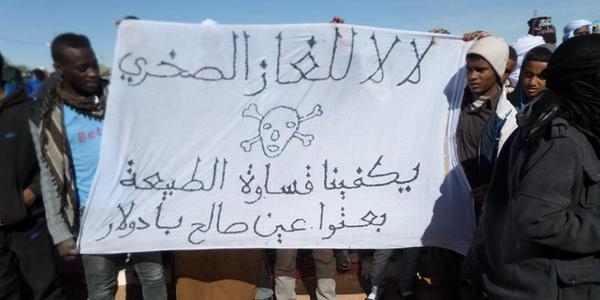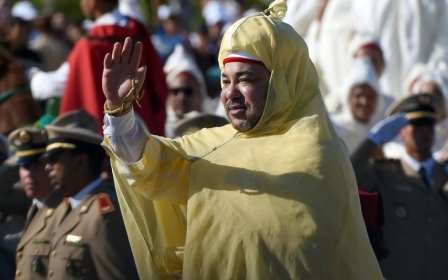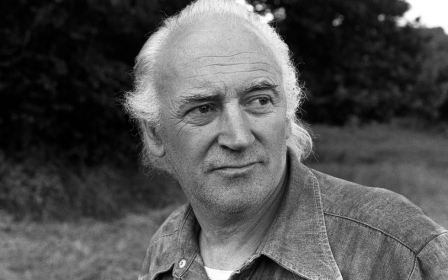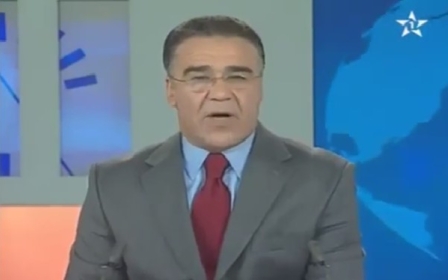Algeria plans $70bn fracking investment despite public protest

Algeria has announced plans to invest at least $70 billion to extract gas through fracking, despite significant public opposition.
After successful test drilling in Algeria's southern desert last month, state-owned gas company Sonatrach said on Sunday that it plans to invest in fracking technology over the next two decades.
To extract shale gas through fracking, a high-pressure mixture of water, sand and chemicals is blasted deep underground to release hydrocarbons trapped between layers of rock, a process enviornmentalists argue may contaminate ground water and even cause small earthquakes.
Sonatrach said it plans to establish 200 drill sites in Algeria’s southern desert region, in the hope of producing 20 billion cubic metres of shale gas annually.
Algeria is the third largest supplier of natural gas to Europe, and the industry is a mainstay of the country’s economy.
Algeria’s finances also depend on its main export, crude oil – prices for the export fell a further 3.5 percent on Monday to hit a six-year low.
The company's plans face have provoked a sustained protest campaign, particularly in and around the southern town of In Salah where the pilot well is located.
The town is one of the hottest places in the world, and is underdeveloped compared to the rest of Algeria – the overall literacy rate is around 80 percent, over 10 percent lower than the national average.
Residents fear that the shale gas plans endanger the local environment, and have been holding almost daily protests.
Public offices, businesses and schools in the town have been closed since the beginning of the year in protest. On Sunday, demonstrations spread to other towns, with a 600-person march in the town of Adrar and a sit-in over 1,000 kilometres south in Ouargla.
Efforts to calm the protests have so far failed, and last week energy minister Youcef Yousfi was forced to visit the area to speak to activists.
Said Sahnoun, Sonatrach’s managing director, sought to allay fears about the safety and viability of shale gas when he spoke on state radio on Sunday.
“The pilot well in In Salah is producing clean gas. The waste water is being well-managed," Sahnoun said.
Acknowledging the public unease around the plans, he added that “perhaps we haven’t communicated enough about the issue”.
New MEE newsletter: Jerusalem Dispatch
Sign up to get the latest insights and analysis on Israel-Palestine, alongside Turkey Unpacked and other MEE newsletters
Middle East Eye delivers independent and unrivalled coverage and analysis of the Middle East, North Africa and beyond. To learn more about republishing this content and the associated fees, please fill out this form. More about MEE can be found here.




